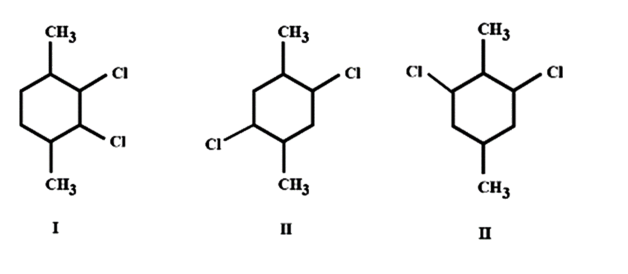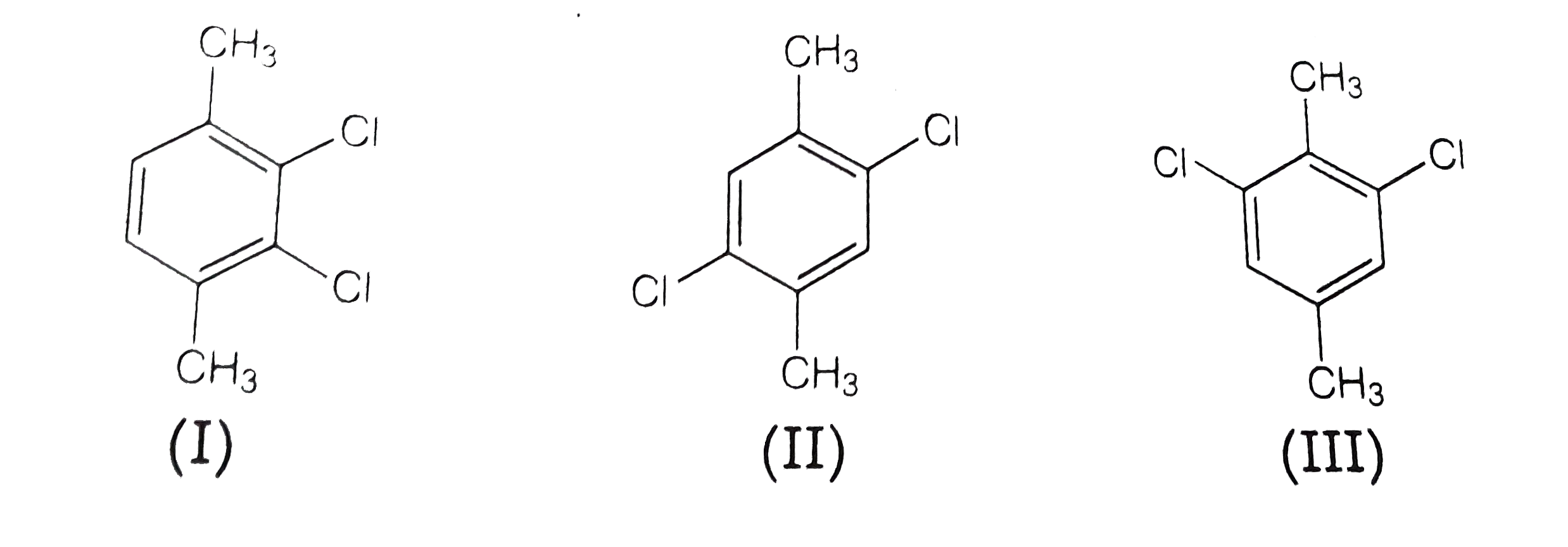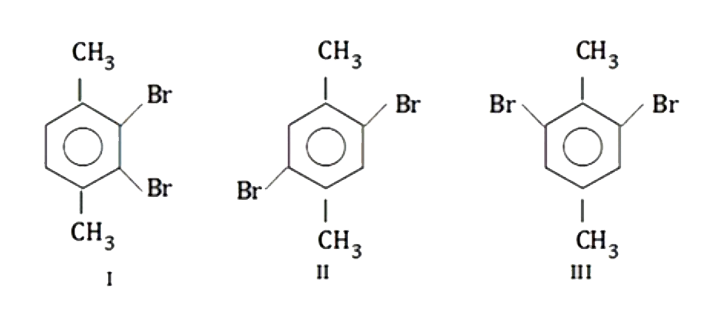Which of the following will have the highest freezing point at one atmosphere ?
0.1 M NaCl solution
0.1 M sugar solution
0.1 M BaCl2 solution
0.1 M FeCl3 solution
The correct Answer is:B
To determine which of the given solutions has the highest freezing point at one atmosphere, we need to analyze the freezing point depression, which is a colligative property. The freezing point depression (ΔTF) is given by the formula:
ΔTF=i⋅Kf⋅m
Where:
- i is the Van't Hoff factor (the number of particles the solute dissociates into),
- Kf is the cryoscopic constant (a constant for the solvent, in this case, water),
- m is the molality of the solution.
Since Kf is constant for all solutions in water and we are interested in the relative freezing points, we can focus on the product i⋅m. The solution with the highest value of i⋅m will have the greatest depression in freezing point, meaning it will have the lowest freezing point. Conversely, the solution with the lowest value of i⋅m will have the least depression and thus the highest freezing point.
1. Identify the Van't Hoff factor (i) and molality (m) for each solution:
- Option 1: NaCl
- i=2 (dissociates into Na+ and Cl−)
- m=0.1
- i⋅m=2⋅0.1=0.2
- Option 2: Sugar (C12H22O11)
- i=1 (does not dissociate)
- m=0.1
- i⋅m=1⋅0.1=0.1
- Option 3: BaCl2
- i=3 (dissociates into Ba2+ and 2 Cl−)
- m=0.1
- i⋅m=3⋅0.1=0.3
- Option 4: FeCl3
- i=4 (dissociates into Fe3+ and 3 Cl−)
- m=0.1
- i⋅m=4⋅0.1=0.4
2. Compare the values of i⋅m:
- Option 1: 0.2
- Option 2: 0.1
- Option 3: 0.3
- Option 4: 0.4
3. Determine the solution with the lowest i⋅m:
- The lowest value is for Option 2 (sugar) with i⋅m=0.1.
4. Conclusion:
- Since Option 2 has the lowest product of i⋅m, it will have the highest freezing point.
Final Answer:
The solution with the highest freezing point at one atmosphere is Option 2 (Sugar).
- i is the Van't Hoff factor (the number of particles the solute dissociates into),
- Kf is the cryoscopic constant (a constant for the solvent, in this case, water),
- m is the molality of the solution.
- Option 1: NaCl
- i=2 (dissociates into Na+ and Cl−)
- m=0.1
- i⋅m=2⋅0.1=0.2
- i=1 (does not dissociate)
- m=0.1
- i⋅m=1⋅0.1=0.1
- i=3 (dissociates into Ba2+ and 2 Cl−)
- m=0.1
- i⋅m=3⋅0.1=0.3
- i=4 (dissociates into Fe3+ and 3 Cl−)
- m=0.1
- i⋅m=4⋅0.1=0.4
- Option 1: 0.2
- Option 2: 0.1
- Option 3: 0.3
- Option 4: 0.4
- The lowest value is for Option 2 (sugar) with i⋅m=0.1.
- Since Option 2 has the lowest product of i⋅m, it will have the highest freezing point.
The solution with the highest freezing point at one atmosphere is Option 2 (Sugar).
Topper's Solved these Questions
- SOLUTIONS Book:NCERT FINGERTPS ENGLISHChapter:SOLUTIONS Exercise:HOTS
Explore 10 Videos
- SOLUTIONS Book:NCERT FINGERTPS ENGLISHChapter:SOLUTIONS Exercise:EXEMPLAR PROBLEMS
Explore 24 Videos
- PRACTICE PAPER -3Book:NCERT FINGERTPS ENGLISHChapter:PRACTICE PAPER -3Exercise:Practice Paper 3
Explore 50 Videos
- SURFACE CHEMISTRYBook:NCERT FINGERTPS ENGLISHChapter:SURFACE CHEMISTRYExercise:Assertion And Reason
Explore 15 Videos
Similar Questions
Knowledge Check
Which of the following compounds will have highest melting point?
AChlorobenzeneBo-DichlorobenzeneCm-DichlorobenzeneDp-Dichlorobenzene
Which of the following will have highest bond energy ?
View SolutionWhich of the following compounds will have highest melting point ?

View SolutionWhich of the following compounds will have the highest melting point and why?

View SolutionWhich of the following will have the highest boiling point at 1atm pressure?
View SolutionWhich of the following compounds will have the highest melting point here?

View SolutionWhich has the highest freezing point at 1 atm ?
View SolutionWhich of the following solutions will have highest boiling point:
View Solution

